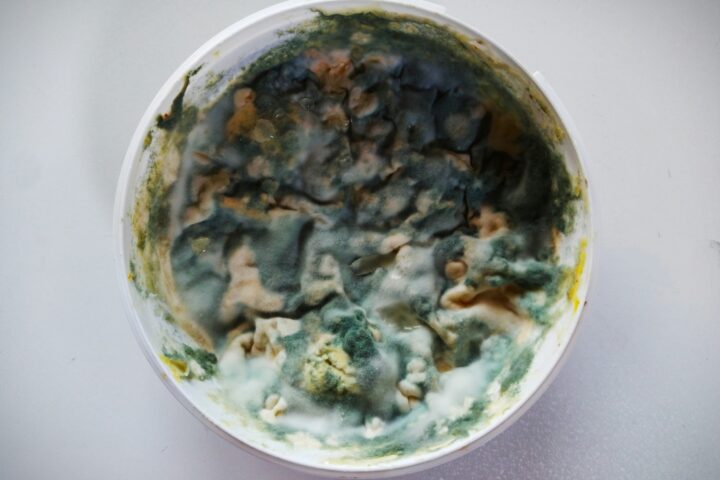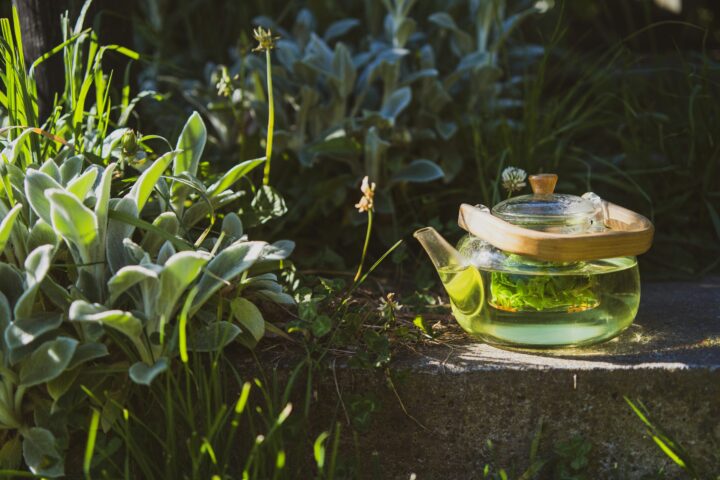«Sustainability means more»
Putin's war of aggression has put the world in a dire position. We see people in Ukraine dying today and we have to fear that a global food crisis will soon kill people in Africa, for example. Where the situation is not life-threatening, it is nevertheless bitter: Rising prices are forcing people into poverty in many places. This first threatens social peace and then destabilizes other parts of the world.
Tuesday, April 5, 2022
The war in Ukraine will therefore change what manufacturers, traders and consumers understand by sustainability. The situation that Putin has put the world in has made Western society aware this it has increasingly been repressing immediate dangers. Anyone whose energy policy has brought about existential dependency on a long-standing unscrupulous autocrat did nothing for sustainability except in the eyes of a short-sighted public. This is also the case with food issues: Anyone who still calls for agricultural set-aside during Putin's war, for example, is clearly living in an extremely small bubble. Ukraine and Russia are largely out of order as wheat suppliers to a significant part of the world. Efficient agriculture in fertile countries such as Germany is now essential for people living in regions where much less growth is taking place.
The idea of ensuring good living conditions for humanity in the long term is important. However, what many companies and consumers so far understand by sustainability is hardly suitable for this purpose. Sustainability is often just a buzzword for environmental protection, especially in the consumer goods sector. The war in Ukraine shows that a world worth living in is only possible if sustainability is also seen as a social goal. Honesty is needed for this. We must admit that solutions that are conceived unilaterally and only for the better-off sometimes soothe the conscience at the expense of others. We need to find a balanced approach – also because only economically successful companies maintain good jobs, pay taxes and develop innovations for a future worth living. All of this is needed to preserve the defense capability and radiance of the Western world – that is, freedom and peace. Without peace and prosperity, the environment and the climate are also lost. Only a few autocrats have so far emerged as environmentalists. Russian tank factories are not known for climate efforts.
Consumers now feel that what seems sustainable is often not sustainable. At a time when global prices are rising and jobs are becoming insecure in many places, interest in the social dimension of sustainability is increasing: It is increasingly about making affordable goods available and securing people an adequate income. This offers consumer goods companies the opportunity to see sustainability less as an advertising buzzword – and to anchor responsible behavior more deeply.
Such a new vision can be demonstrated in the price negotiations, which, in view of the unprecedented cost increases, are often just starting again from the beginning. It is important to protect the interests of companies, consumers and employees in the German consumer goods industry.
Consumers now feel that what seems sustainable is often not sustainable.
Hendrik Varnholt works as a Journalist at "Lebensmittel Zeitung". This article was first published in "Lebensmittel Zeitung" on 18 March 2022.
Related articles

Pesticides in Green Smoothies
After countless recipes for Christmas cookies, festive roasts and cocktails, the advice on losing weight, detoxing and beautifying oneself now takes centre stage. Most of it is sheer nonsense.

Natural Toxins: An Underestimated Risk in Our Food
Safe food cannot be taken for granted. While chemical substances are often the focus of public criticism, reality shows that the greatest risks to food safety are of natural origin. Recent recalls of infant food products illustrate how insidious bacterial toxins or moulds can be.

Herbal Teas: Making You Sick Instead of Slim
Plant protection products are frequently the focus of public criticism. Far less attention is paid to the fact that natural ingredients in teas and dietary supplements are also biologically active and can pose health risks.

Why Strict GMO Regulation Stifles Innovation
New breeding techniques such as CRISPR-Cas are considered key to developing resilient crops, stable yields and reducing the need for plant protection products. ETH professor Bruno Studer warns that overregulating these technologies strengthens precisely those large agricultural corporations that critics seek to curb, while excluding smaller breeders and start-ups from the market.

